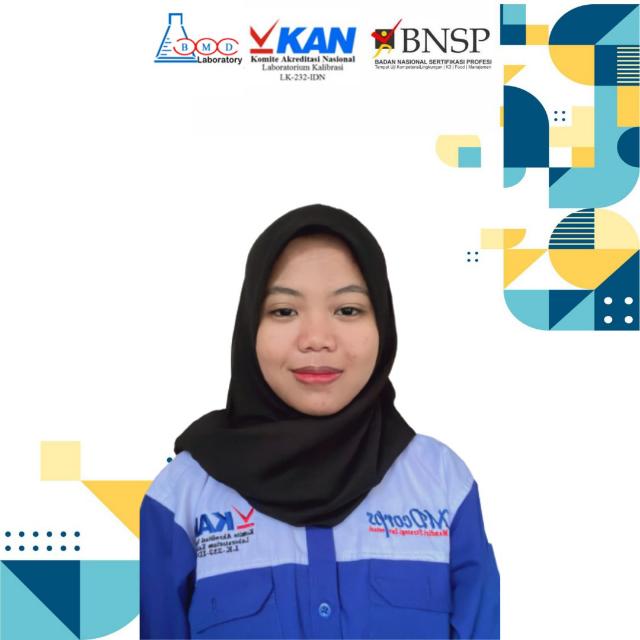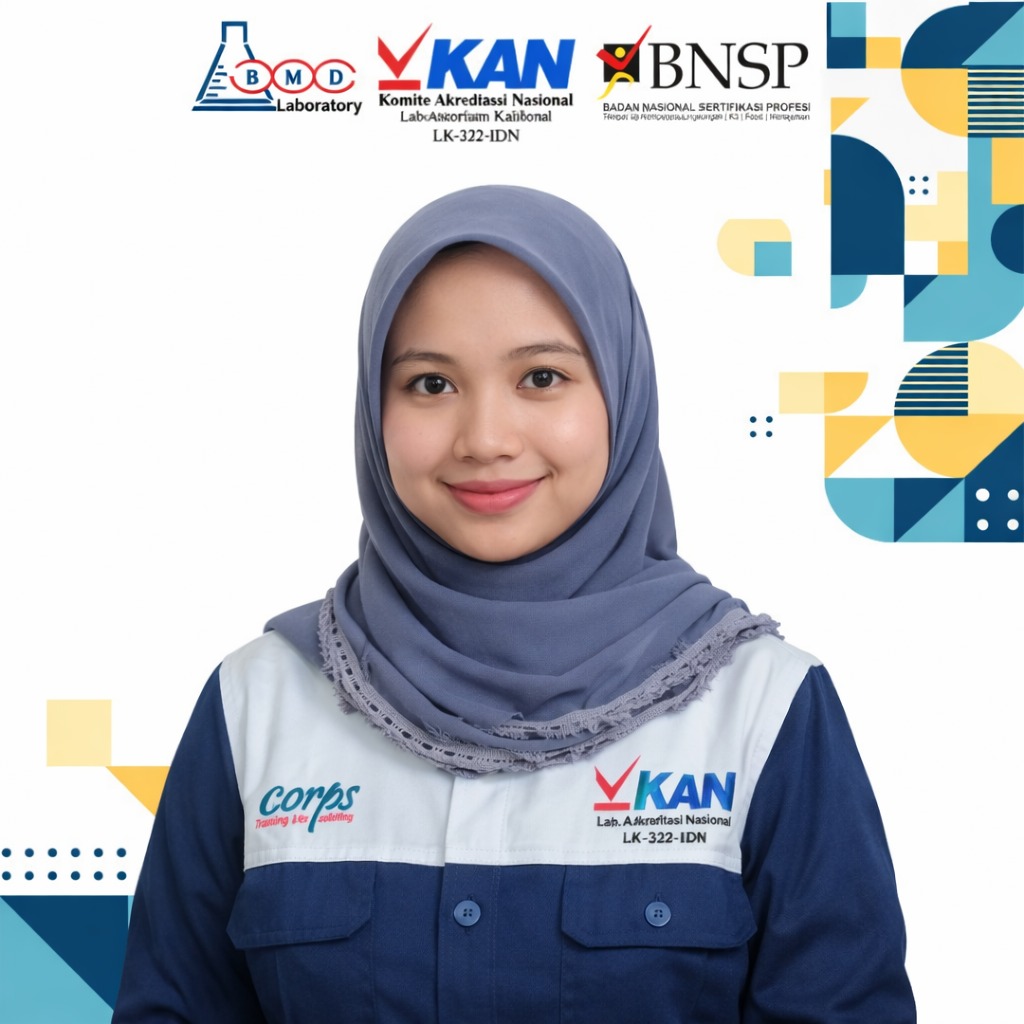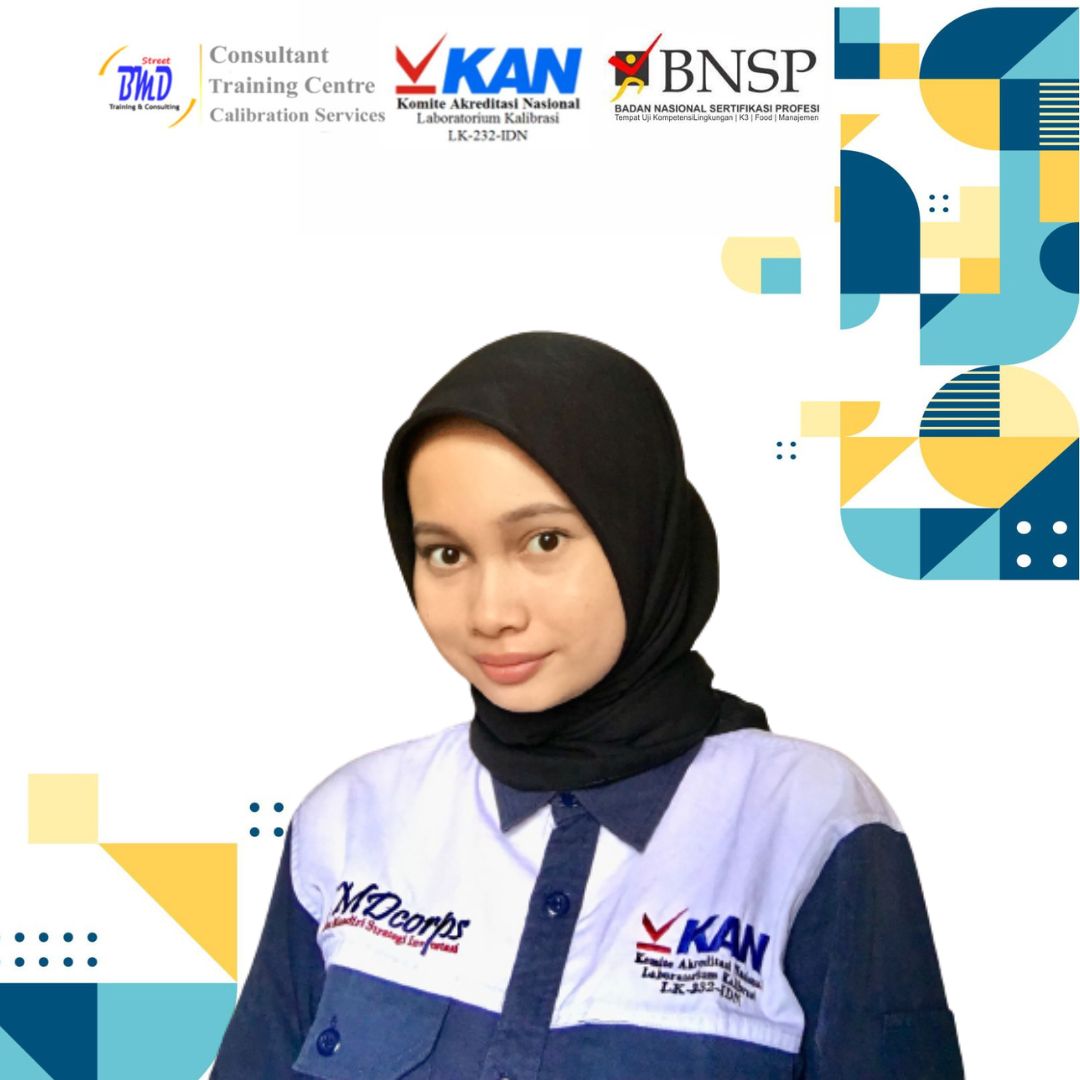OBJECTIVES :
After participate in thid course, the participants will be able and cappable to :
- Understand the basic concept of oil and gas handling processes and facilities, and how to operate this technology in field application.
- Diagnostic of oil and gas reservoir performance under actual drive mecanism and future performance with current handling processes.
- Analyze the production potential of reservoir under with actual handling system processes and to plan the better development processes according to reservoir capacity.
- Understand the fundamentals of microscopic and macroscopic aspects and phenomena of oil and gas handling processes.
AUDIENCE:
No specified (Operator/Sr. Operator/Engineer or Non Engineer)
LATAR BELAKANG :
Setelah menyelesaikan training ini diharapkan peserta dapat :
- Memahami prinsip-prinsip dasar perhitungan dan melakukan optimisasi pada saat operasi produksi sumur-sumur minyak, gas dan reservoir panas bumi dilaksanakan, pengembangan pelaksannaan optimisasi produksi ini untuk meningkatkan kinerja produksi sumuran dan lapangan.
- Melakukan diagnosis sederhana dan memengerti penyelesaian permasalahan dalam operasi produksi sumur-sumur minyak dan bas bumil.
- Membuat analisis sederhana terhadap data sumuran minyak, gas dan panas bumi ,melakukan peramalan kinerja dan merencanakan pengembangn operasi produksi
- Melakukan perhitungan-perhitungan kuantitatip sederhana dari seluruh data perolehan data tubing, flowline, choke, perforasi, gravel-pack, sub-surface savety valve pada sumuran, merencanakan pengembangannya dengan memperhitungan kemampuan masing-masing sumuran.
- Mempergunakan pengetahuan operasi produksi untuk keperluan penyelesaian permasalahan sumur seperti : pada saat penyemenan, penanganan scale, pasir, korosi dan damage yang mungkin terjadi pada sumuran minyak dan gas bumi.
- Memahami prinsip-prinsip dasar perancangan : penyemenan, workover, stimulasi sumuran dengan pengasaman dan perekahan hidrololik, perencanaan work over dan lain-lain
PRE-REQUISITE :
Latar belakang : Operator, Senior Operator, Engineer/Non Engineer
MATERI TRAINING :
Geologic Considerations in producing Operation
- Introduction
- Sandstone Reservoirs
- Geologic Factors Affecting Reservoir Properties in Sandstone
- Application of Geologic concepts in Specific Sandstone
- Carbonate Reservoirs
- Application of Geologic Concepts in Carbonate Reservoirs
Reservoir Considerations in Well Completions
- Introduction
- Hydrocarbon Properties of Oil and Gas
- Recommendations of Obtaining Good Test Data
- “Eyeball” Interpretation of Pressure Charts
Primary Cementing
- Introduction
- Cementing Materials
- Cement Additives
- Cement Bonding
- Flow Properties of Primary Cements
- Displacement Mechanics
- Cost of Primary Cementing
- Special Problem Situations-New Developments
- Primary Cementing Practices
Well Completion Design
- Factors Influencing Well Completion Design
- Conventional Tubular Configuration
- Unconventional Tubular Configurations
- Sizing Production Tubular
- Completion Interval
- Permanent Well Completions (PWC)
- Tubingless Completion
Tubing Strings,Packers,Subsurface Control Equipment
- Tubing Strings
- Steel Grades
- Tubing Connections
- Makeup of API Threaded connection
- Design of Tubing Strings
- High Strength Tubing
- Physical Properties of Steel
- Sensitivities of High Strength Tubing
- Tubing Inspection
- Tubing Handling Practices
- Equipment for Use With-Strength Tubing
- Tubing Running Practices
- API Publication List
- Packers and Subsurface Control Equipment
- Production Packers
- Subsurface Control Equipment
Perforating Oil and Gas Wells
- Introduction
- Types of Perforators
- Evaluation of Perforator Performance
- Factors Aftecting Gun Perforating Results
- Perforating in a Clean Fluid with Differential Pressure Into Wellbore
- A Comparison between the GEO-VANN System and Other Perforating Methods in Wells Equipped with Packers
Completion and Workover Fluids
- Functions-Requirements-Selection Criteria
- Formation Damage Related to Solids
- Oil Fluids-Practical Application
- Conventional Water-Base Mud
- Oil Base or Invert-Emulsion Muds
- Foam
- Perforating Fluids
- Packer Fluids
- Well Killing
Through-Tubing Production Logging
- Introduction
- Logging Device
- Application of Through-Tubing Production logging
- Field Examples of Production Logging Techniques
- Primary Cement Evaluation
Problem Well Analysis
- Problem Wells
- Problem Well Analysis Checklist
Parafin and Asphaltene
- Introduction
- Paraffin and Asphaltene Chemistry
- Deposition Mechanisms
- Removal of Wax Deposits
- Preventing or Decreasing Wax Deposition
- Design of Wax Control
Squeeze Cementing-Remedial Cementing
- Introduction
- Theoretical Considerations
- Practical Considerations
- Special Squeeze Cementing Situations
- Planning a Squeeze Cement Job
- Normal Operational Procedures
- Other Operational Procedures
- Plug-Back Operations
- Special Cement Systems
Sand Control
- Introduction
- Reduction of Drag Force
- Mechanical Methods of Sand Control
- Practical Considerations in Gravel Packing
- Use of screen Without Gravel
- Resin Consolidation Methods
Formation Damage
- Introduction
- Basic Causes of Damage
- Classification of Damage Mechanisms
- Reduced Absolute Permeability
- Increased Fluid Viscosity (Emulsion)
- Diagnosis of Formation Damage
Surfactants for Well Treatments
- Characteristics of Surfactants
- Use and Action of Surfactant
- Formation Damage Susceptible to Surfactant Treatment
- Preventing or Removing Damage
- Well Stimulation With Surfactants
- Increasing Effectiveness of Rod Pumping
- Prevention of Well Damage
Acidizing
- Acids Used in Well Stimulation
- Acid Additives
- Carbonate Acidizing
- Acidizing Techniques for Caronat Formations
- Sandstone Acidizing
- Potential Safety Hazard in Acidizing
Hydraulic Fracturing
- Introduction
- Mechanics of Fracturing
- Production Increase from Fracturing
- Propping the Fracture
- Frac Fluids
- Frac Job Design
- Frac Job Evaluation Techniques
Scale Deposition,Removal,and Prevention
- Introduction
- Causes of Scale Deposition
- Prediction and Identification of Scale
- Scale Removal
- Scale Prevention
Corrosion Control
- The Corrosion Process
- Detection and Measurement of Corrosion
- Corrosion Control
DURATION
3 Day
FASILITY
Normal Class
- Quality training material (hardcopy and softcopy), Quality training kits: bag, block note, ballpoint, including jacket or T-shirt, etc, Convenient training facilities in four or five stars hotel, Lunch per day, morning and afternoon coffee / tea breaks for along the training, Certificate & Photo.
Online Class
- Softcopy Modul dan Sertifikat
INFORMATION & PROMO
Call : 021 756 3091
Fax : 021 756 3291
CONTACT PERSON
0813 8280 7230, 0812 8931 1641, 0821 3874 5980
Email: [email protected]
Website: https://bmdstreet.co.id
Jadwal Training Production Operation Management For Managers 2025:
- 12-14 November 2025 Yogyakarta
- 10-12 Desember 2025 Jakarta
Jadwal Training Production Operation Management For Managers 2026:
- 06-08 Januari 2026 Malang
- 03-05 Februari 2026 Jakarta
- 03-05 Maret 2026 Surabaya
- 07-09 April 2026 Bali
- 05-07 Mei 2026 Bandung
- 03-05 Juni 2026 Malang
- 01-03 Juli 2026 Surabaya
- 04-06 Agustus 2026 Yogyakarta
- 02-04 September 2026 Surabaya
- 06-08 Oktober 2026 Bogor
- 03-05 November 2026 Bali
- 02-04 Desember 2026 Surabaya
INVESTASI (TIDAK TERMASUK BIAYA AKOMODASI & PENGINAPAN):
Online Class
- Rp 6.100.000/peserta (Harga belum termasuk pajak dan promo)
Normal Class
- Rp. 12.000.000,-/peserta (Jakarta) (Harga belum termasuk pajak dan promo)
- Rp. 12.000.000-/peserta (Bandung) (Harga belum termasuk pajak dan promo)
- Rp. 13.100.000,-/peserta (Yogyakarta) (Harga belum termasuk pajak dan promo)
- Rp. 15.300.000,-/peserta (Bali) (Harga belum termasuk pajak dan promo)
- Rp. 16.100.000,-/peserta (Lombok) (Harga belum termasuk pajak dan promo)
- US$ 4780/peserta (Malaysia) (Harga belum termasuk pajak dan promo)
Kami menerima request waktu, tempat & fasilitas hubungi kami untuk informasi lebih lanjut.








